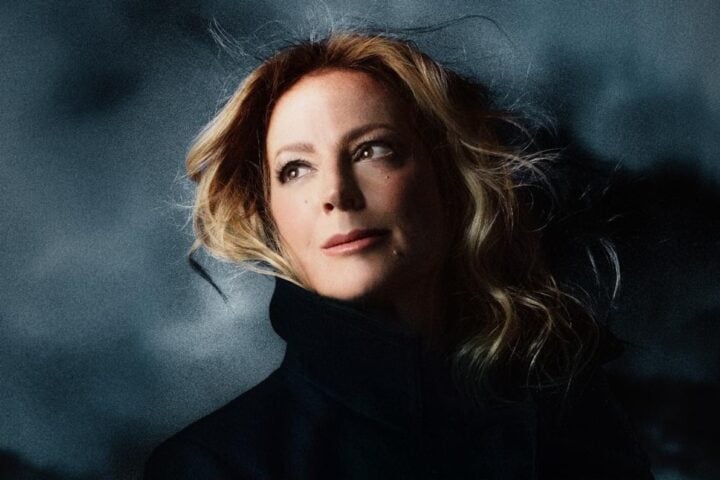Since the late 1990s, Sarah McLachlan’s music has gradually evolved from alt-pop to adult-pop, and Better Broken, the singer-songwriter’s first album of original material in over a decade, leans even further into easy listening. It’s also, notably, McLachlan’s first album since her 1989 debut, Touch, without longtime collaborator Pierre Marchand.
The album’s understated title track is reminiscent of turn-of-the-century radio pop like Dido’s “Thank You,” and the creak of upright bass, quiet patter of drum brushes, and intermittent whoosh of synths on the lushly atmospheric “Long Road Home” evoke Marchand’s textured soundscapes. But too much of Better Broken is straightforward and heavy-eyed; a French horn solo on “The Last to Go” and the Beatles-esque cello climax of “Only Way Out Is Through” lend some much-needed sonic interest to otherwise workmanlike arrangements.
McLachlan references her rage and fury throughout the album, at times unconvincingly. The “fuck” she drops on “One in a Long Line,” a feminist anthem on which she declares herself a “livewire,” feels unearned. And when she attempts to find a silver lining in the state of our politics on “Rise,” it comes off as pollyannaish: “This time is gonna be different/I heard it on the news,” she sings earnestly. The album’s closing track, “If This Is the End…,” is less literal, drawing on traditional English folk tropes to grapple with humanity’s fate: “So we drink to the Earth that will bury our apathy/Swallow us, sinew and bone.”
Even more potent is “Gravity,” a piano ballad in the vein of McLachlan’s 1998 hit “Angel” that bluntly reckons with the singer’s volatile relationship with her daughter: “It’s hard, the way you look at me/With a rage I cannot place.” The song’s elegiac opening line—“Yours is an island of wild weeds and lush, tangled ground/Unbridled energy, all possibility”—is a reminder that McLachlan isn’t just a consummate tugger of heartstrings, but one of pop’s foremost poets.
Score:
Label: Concord Release Date: September 19, 2025 Buy: Amazon
If you can, please consider supporting Slant Magazine.
Since 2001, we’ve brought you uncompromising, candid takes on the world of film, music, television, video games, theater, and more. Independently owned and operated publications like Slant have been hit hard in recent years, but we’re committed to keeping our content free and accessible—meaning no paywalls or fees.
If you like what we do, please consider subscribing to our Patreon or making a donation.

